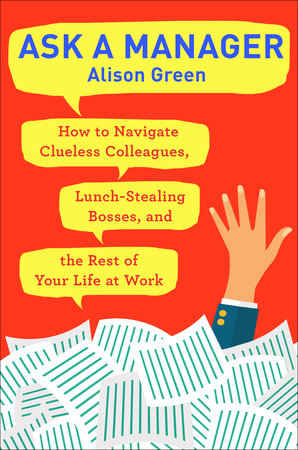7 Ways of Unpacking Fears of Leaving a Job and Striking Out on Your Own
“You gain strength, courage and confidence by every experience in which you really stop to look fear in the face. You are able to say to yourself, ‘I have lived through this horror. I can take the next thing that comes along.’ You must do the thing you think you cannot do.”
—Eleanor Roosevelt
Many of us have thought of or dreamed about leaving that job to pursue our dreams, maybe start a business, or pursue our passion. While there are practical issues to consider, we also need to overcome the inertia that comes with the fear we experience when taking a major new direction in our lives. It is fear that keeps so many trapped in a rut. Here are some ways we can unpack that fear and overcome it.
1. Look to Those Who Have Successfully Faced Their Fear
You will not have to look far to find people who have overcome their fear of making major changes. It could be someone in your family, a friend, or a neighbor who has quit their job and is now pursuing their interests or passion. They all had to come to grips with the uncertainty and most are happy to share what they went through. All you need to do is ask. Read biographies of successful people, all of whom have had to face major fears to get to where they are.
2. Imagine Yourself at the End of Your Life
When people express regrets on their deathbed, most are about what they didn’t do rather than what they did do. Think of all the scenarios that could play out. Imagine that you stayed where you are, that you took a risk and it didn’t work out, or that you took a risk and it did work out. Try to imagine how you would feel if each one of these scenarios played out.
3. Think of Situations in Which You Overcame Unexpected Barriers
Every time you came to obstacles that unexpectedly ended up in your path, you developed skills and self-confidence. Perhaps you were laid off from a job, experienced car problems, or were dumped in a relationship without warning. Remember these times and draw upon the energy and sense of resilience that helped you overcome those situations. If it helps, write them down and put them up in a prominent place to remind yourself of your abilities to change and adapt to new situations and circumstances.
4. Take Small Steps Before Taking the Plunge
The thought of taking on major changes and challenges all at once can leave us overwhelmed and paralyze us with fear. Ask yourself what small risk you can take that would help move you in the direction of your goal. Can you start working toward your goal or passion before giving up the security of a full-time job? Can you help someone who is doing what you want to do part time? Start working your goals on weekends and evenings to get a better understanding and feel for them. What skills and abilities will you need to pick up to attain your goals? Start working on them. Anything you can do beforehand to prepare will help ease the level of fear when you do make the plunge.
5. Look at It as a Journey and a Learning Process
Whatever the outcome of taking the risk, this will be a learning process. You can change your mind or change your direction at any point in the journey. The place you end up may not be the place that you started. The important part of the journey is that it involves growth and an opportunity to learn more about yourself in the process. These are personal potential times that will not happen unless you are willing to take a risk and stretch your boundaries.
6. Other Opportunities May Present Themselves on the Way
Whenever we expand our horizons, we increase the potential for other opportunities we haven’t even considered or that weren’t presented to us when we were stuck in our regular routine.
7. View Setbacks as Part of the Growth Curve and an Increase in Personal Capacity
Most successful people have experienced failure before reaching their goal, many of them numerous times. They used the lessons learned along the way to help them make changes they needed to make in order to reach their goals. We learn more from our failures than our successes, and people who are ultimately successful maximize the learning from their setbacks.
About the Author
Harvey Deutschendorf is an emotional intelligence expert, speaker, trainer, and internationally published author of The Other Kind of Smart: Simple Ways to Boost Your Emotional Intelligence for Greater Personal Effectiveness and Success. He also writes for Fast Company and has a monthly column with HR Professionals Magazine. As well, he is a regular contributor to Real Leaders Magazine, the official publication of the Young Presidents Club. Harvey is a TEDx Speaker with TEDx Beacon Street, Boston. In 2015 Harvey was recognized by Trust Across America as one of the top Thought Leaders in Trust.
You Might Also Like Our Content on These Topics: Fear, Unfulfilled Career, Entrepreneurship, Self-Employment, Work Challenges, Courage, Growth Mindset









